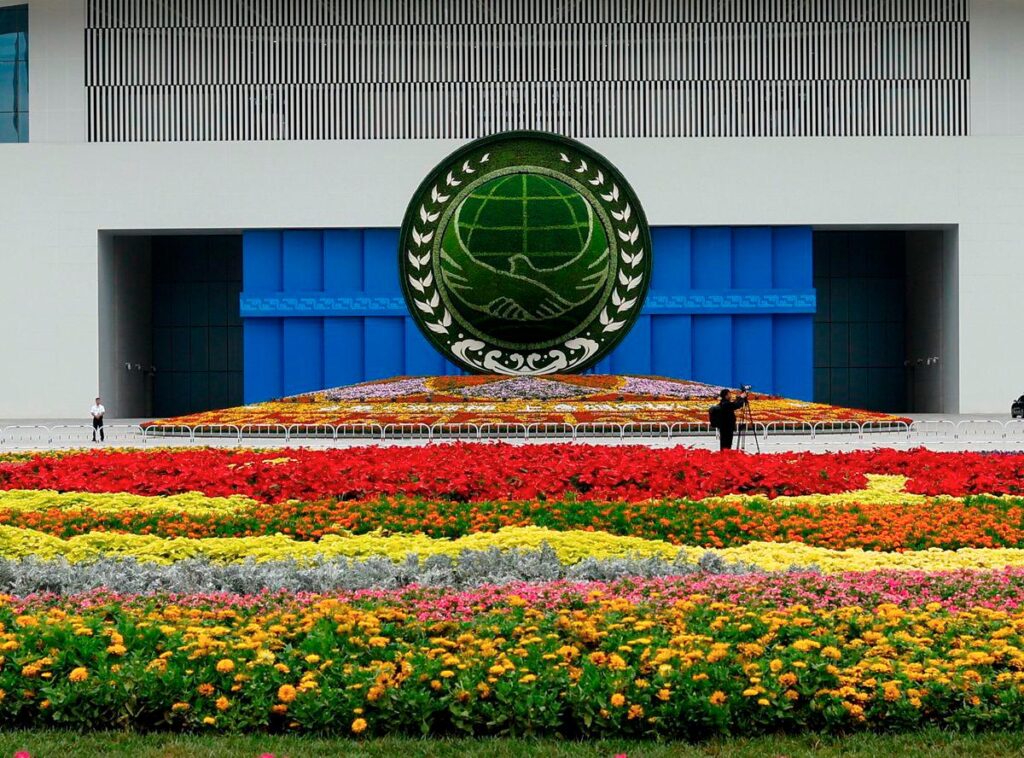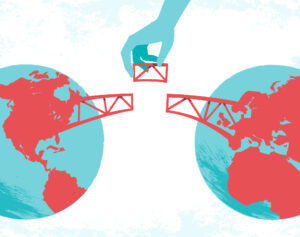SCO Summit 2025 in Tianjin: A Defining Moment for Global Power
The SCO Summit 2025 in Tianjin, held from August 31 to September 1, marked one of the most influential gatherings of the year. India, Russia, and China used the platform to showcase alignment, even as U.S. President Donald Trump’s tariffs escalated trade tensions worldwide.
This summit was not just a diplomatic meeting—it was a statement. Leaders emphasized the rise of a multipolar world order, pushing back against what they view as Western economic and political dominance. According to BBC and The Hindu, Tianjin became the stage for both cooperation and competition, reflecting the world’s shifting balance of power.
SCO Summit 2025: Optics of Unity Between Modi, Putin, and Xi
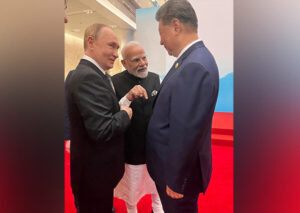
The defining image of the SCO Summit 2025 was one of solidarity. Prime Minister Narendra Modi, President Vladimir Putin, and President Xi Jinping walked hand-in-hand, projecting strength and mutual trust.
Another symbolic moment came when Modi rode in a limousine with Putin, underlining their “friendly and trusting” relationship. Such optics reinforced the message that India is deepening ties with Russia and China, despite pressure from Washington. Moreover, the summit positioned the SCO as more than a regional bloc—it became a stage for global power projection.
SCO Summit 2025: India–Russia Energy Trade vs Trump’s Tariffs
Energy trade was at the center of the SCO Summit 2025. Since 2022, India has become Russia’s largest crude oil buyer, with bilateral trade surpassing $140 billion. At the summit, Modi defended this partnership, calling Trump’s 50% tariffs on Indian goods “unjustified and unreasonable”.
The clash reveals a critical trend: U.S. trade actions are pushing India closer to its SCO partners. As a result, Moscow gains a stronger foothold in Asia, while India secures cheaper energy supplies.
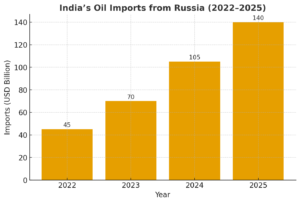
SCO Summit 2025: China’s Push for Global Governance
For China, the SCO Summit 2025 was an opportunity to advance its Global Governance Initiative. Xi Jinping promoted the SCO as a counterweight to Western-led institutions. During the summit, Beijing even proposed the creation of an SCO Development Bank, though the plan lacked clarity and concrete timelines.
Xi stressed that “collective strength” can reshape the global economy. However, critics pointed out that cooperation among members often remains rhetorical rather than practical. Even so, the summit revealed Beijing’s long-term ambition to lead a parallel order.
Trump’s Trade War and U.S. Criticism
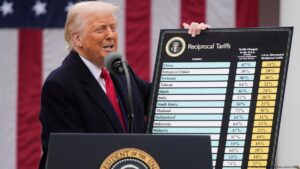 While Tianjin emphasized multipolarity, the U.S. made headlines with its aggressive stance. Donald Trump’s decision to impose 50% tariffs on Indian goods dominated discussions. He described U.S.–India trade as a “disaster,” igniting fresh economic disputes.
While Tianjin emphasized multipolarity, the U.S. made headlines with its aggressive stance. Donald Trump’s decision to impose 50% tariffs on Indian goods dominated discussions. He described U.S.–India trade as a “disaster,” igniting fresh economic disputes.
The U.S. response was swift and critical. Treasury Secretary Scott Bessent dismissed the summit as “performative,” calling India, Russia, and China “bad actors” (Financial Times). This rhetoric not only highlighted Washington’s frustration but also strengthened the perception that the SCO Summit 2025 represents resistance against unilateral U.S. policies.
SCO Summit 2025: India’s Strategic Autonomy and Multipolar Future
India used the SCO Summit 2025 to reinforce its long-standing policy of strategic autonomy. By deepening ties with Russia and engaging in multilateral forums like the SCO—while still maintaining relations with the U.S.—New Delhi signaled that it would not be forced into a single alliance.
For businesses, this multipolar turn has direct consequences. Trade routes may shift, tariffs will affect costs, and compliance frameworks will become more complex. A Brookings analysis suggests that companies operating across borders should prepare for overlapping and sometimes conflicting trade policies. Therefore, flexibility and diversification are no longer optional—they are essential.
Conclusion: Summit and Business Implications
The SCO Summit 2025 was more than a symbolic event. It showcased India, Russia, and China’s determination to shape global governance while confronting Trump’s tariff war. The summit revealed a world in transition: the U.S. remains powerful, but multipolar alliances are gaining traction.
For businesses in India, the UK, and Canada, these developments are crucial. Tariffs reshape supply chains, energy ties influence pricing, and shifting governance models affect compliance. Companies must adapt quickly to stay competitive in this changing environment.
At FINOVATE, we specialize in helping businesses navigate such global disruptions. With expertise in international taxation, trade compliance, and cross-border finance, we ensure that your company remains prepared for the future of multipolar trade.

